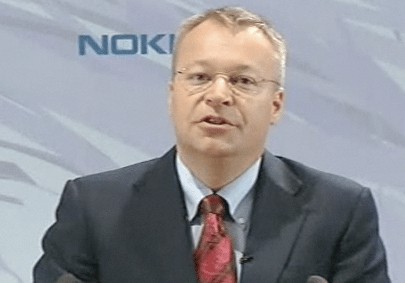
After a year in which the gap between Nokia’s hardware and The Symbian Foundation’s OS has been horrible noticeable, the foundation is essentially disbanding in its current form and handing development control back to the handset maker.
The foundation, which was formed by leading electronics companies in 2009 to manage and open-source the OS, announced it will instead only be responsible for licensing Symbian’s software and other intellectual property like its trademark.
This is far from Nokia ditching Symbian. Nokia says it’s “reaffirming its commitment” to Symbian, pledging to “invest its own resources in developing Symbian” and go on releasing Symbian smartphones.
The Symbian Foundation will downsize its staff by April 2011 in to just one group of non-executive directors for the purpose.
In truth, Symbian had increasingly few leading partners other than Nokia (NYSE: NOK). Of board members AT&T (NYSE: T), Docomo, Fujitsu, QUIC, Sony (NYSE: SNE) Ericsson (NSDQ: ERIC), Samsung, Texas Instruments and Vodafone (NYSE: VOD), Sony Ericsson and Samsung have cut back on their commitment to Symbian. So it makes a lot of sense that Nokia would consolidate by taking control.
New CEO Stephen Elop had a choice – quit Symbian and use Android (but lose all of the leverage associated with having one’s own OS), or stick with Symbian but try to exert far more influence over making it an experience that matches Nokia’s hardware.
We can now think of Symbian as Nokia’s operating system in the same way we think of Android as Google’s. But not in the same way we think of BlackBerry OS as RIM’s – indeed, Symbian will remain a free an open system, available to third-party users.
The foundation says “Nokia has committed to make the future development of the Symbian platform available to the ecosystem via an alternative direct and open model.” But it’s not yet clear what this model is.
The announcement comes on the eve of Symbian Exchange & Exposition (SEE 2010), beginning in Amsterdam on Tuesday.